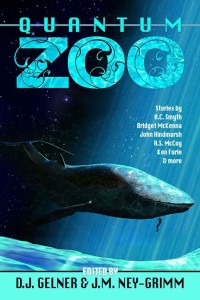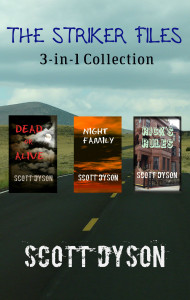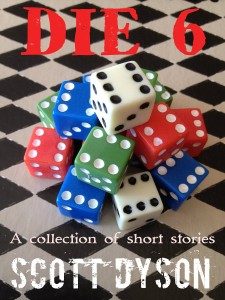Ran across the internet site The Short List, who posted this list of “dystopian novels.” The list was controversial, omitting plenty of good novels and listing some that were arguable, like THE HUNGER GAMES and ARTICLE 5. Also it mixed “dystopian” with “post-apocalyptic” novels as if there were no difference.
I think it’s likely that both dystopian and post-apocalyptic stories attract many of the same readers. I know I am attracted to both. But is there a difference? In many comments, it is argued that post-apocalyptic novels are a subset of dystopian fiction, while others argue that the two are separate, closely related perhaps, but both branches occupy the same level of whatever tree one might be making to categorize science fiction.
I have my own “End of the World” list of both types of novels on Amazon on which I tried to stick with “post-apocalyptic” types of novels. I did not include classic dystopian stories like Orwell’s 1984 or P.K. Dick’s Do Androids Dream of Electric Sheep? because they don’t paint a picture of a society that’s been wiped out by some catastrophe (hence, the “apocalyptic” part of the genre tag). I stick to stories describing the world after something decimates (not literally; “decimate” means eliminate one of every ten people, I think) human society. In The Stand, it is disease. Likewise in Edward W. Robertson’s Breakers novels. In Hugh Howey’s Wool, it is another form of disease brought on by nano-bots. In Lucifer’s Hammer by Niven and Pournelle, it is an asteroid hitting the Earth. In Stephen Baxter’s Ark and Flood, it is a flood of super-biblical proportions that destroys the environment as we know it. In Vonnegut’s Cat’s Cradle, it’s Ice-9. (Read the book! It’s lots of fun!) In David Brin’s The Postman, it’s nuclear war. In a bunch of books, it’s zombies! How do the zombies get created out of your friends and neighbors? Disease, usually.
I see “dystopian” as being something different. I see it as a society that’s gone “off track”. Orwell’s vision is the classic example. Suzanne Collins paints a dystopian society in her Hunger Games trilogy, and so does Veronica Roth in her Divergent novels. (Apparently, The Hunger Games is a blatant rip-off of another earlier novel, possibly of Japanese origin, which I’d never heard of…but the knowledgeable commenters knew all about it.) Ayn Rand’s novel Atlas Shrugged paints a dystopia of sorts, and apparently so does her novel Anthem. (I’ve read the first, not the second, and I remain unimpressed with the “philosophy” found in Atlas Shrugged, but that’s just me.) A lot of current young adult fiction can be categorized as dystopian, especially The Giver. How about The Maze Runner? Dystopian, and possibly post-apocalyptic (I haven’t read the follow-ups yet.) (Oh, and I know The Giver isn’t really current, but my kids were both assigned it for school reading recently, so for me it’s current…)
Anyway, lots of good suggestions for reading were given in the comments, and I plan on checking out a few of them. There’s something about the current crop of dystopian novels, especially the YA stuff, that grabs me – maybe it’s the attention to social orders as we see them today, and the way that kids relate to one another. Maybe it’s just that it’s more accessible, with a more modern style of writing. I don’t know. But I know for me, it’s sometimes hard to get to the excellent story, because of the style in which an older novel was written. Earth Abides and On The Beach are both like that for me; so is Brave New World. Great, if frightening visions of the future, but stylistically, they seem to take more concentration or something, and seem harder to get into, for me at least.
If you have comments about any of this, I’d love to hear them. (And I really don’t need to hear from the Vuitton Bags or Nike whatever spammers anymore…everything gets caught in the spam filter and I delete it all because I simply don’t have time to check four or five hundred posts…)
*****



